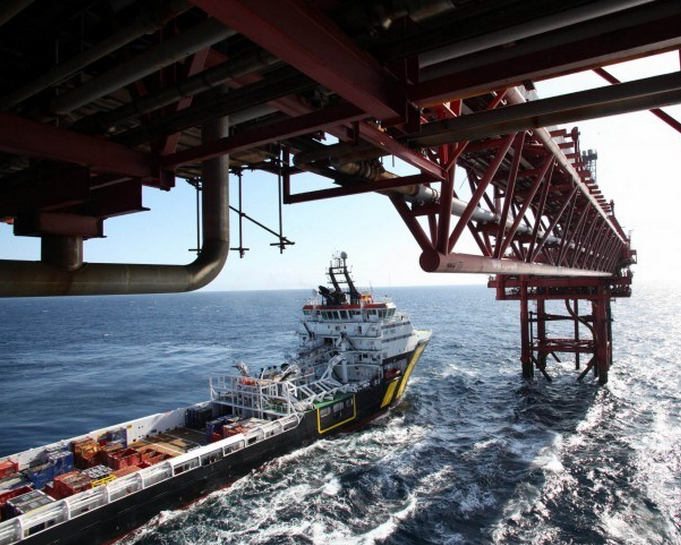
North Sea operating costs must be get below $20 per barrel for the sector to survive its latest downcycle, according to new research.
More than 500 people took part in Energy Voice’s research campaign, dubbed Sub $50 Oil: New Perspective and Hidden Opportunities.
The results, which were analysed by Douglas Westwood, revealed the majority (69%) of respondents recognise reduced operating costs – specifically to between $10 and $20/bbl – will act as the key factor in North Sea recovery.
A total of 46% respondents said sub-$15/bbl operating costs would be the most significant contributing factor to the sector’s rebound. Extra exploration was ranked as the second most important factor.
“For the North Sea region to weather this prolonged industry downturn, successful, material and sustained cost reductions are necessary,” the report read.
“The region has some of the highest production costs anywhere in the world. Given the inherent difficulty of operating in the region – in generally deep, stormy waters – the ability to bring production costs down to a globally competitive level seems questionable,” the report read.
“However, there are clear opportunities to achieve moderate cost reductions given emerging patterns of supply chain innovation.”
When asked if industry cuts had gone too far, far enough or if there would be more to come, a significant majority – some 66% – of respondents fear further industry cuts are likely.
Despite scaled back investment over the past 18 months – particularly in the North Sea region – just 34% of respondents felt cuts had either gone “far enough” or “too far”.
A total of 84% respondents said their firm had cut costs in the past year, 69% said it had cut jobs and only 32% said their firm was recruiting graduate or apprentice positions.
The report read read: “Whilst cost-cutting is a direct response to the crash in crude prices, companies throughout the O&G chain needed to normalise balance sheets regardless after a decade of record spending.
“It is likely that further reductions to headcount will take place this year, as operators and service providers are squeezed by the persistent low prices.”
When asked what the oil price will be in 2020, 71% of participants expect to be between $60 to $200 bbl. 64% said it would be between $60/bbl and and $100/bbl.
The report read: “Douglas-Westwood expects oil prices to remain low, relative to recent history, through much of the remainder of the decade, although we will see a slow recovery as the demand-supply gap narrows. As with the majority of respondents, we anticipate that the oil price will sit above $60 per barrel by 2020, albeit at the more conservative end of the $60-$100 range.
“Uncertainty around the rate and extent of the price recovery remains high, and is dependent on difficult to predict factors, such as, for example, resolutions made by OPEC, economic growth in Asia and incoming supply from countries such as Iran.
“Nevertheless, history teaches us that low prices are self-correcting, and it is likely that we will see a moderate narrowing of the supply and demand gap over the course of the next year.”
28% of the survey respondents are CEO/director level employees, with a further 22% holding senior management positions.
Andrew Reid, managing director of Douglas Westwood, said: “The survey is a strong representation of business sentiment with over 500 respondents, of which over a quarter are CEOs or directors who speak for a greater number of people within their organisations.
“It’s evident from the responses that the current volatility and relatively low oil price is seen as the biggest issue facing the sector today. What is encouraging is the majority view that the oil price will range between $60-100 per barrel by 2020 and with it the belief that the situation will improve over the medium term.
“In the short term however businesses are addressing the challenge of market uncertainty by focusing on cost reduction initiatives. The largest impact is on the workforce currently with 70% of respondents noting their firm had reduced employee numbers. R&D spending has also been hit hard with three quarters of the survey noting reductions. Technology investment has remained ‘relatively’ resilient however as firms continue to drive forward with new solutions to reduce cost or improve recovery.”
An expert panel will discuss the report’s results at the Offshore Technology Conference today.
The research campaign is sponsored by the Regional Economic Development Initiative (REDI) in Texas and Burness Paull, a leading Scottish law firm.
